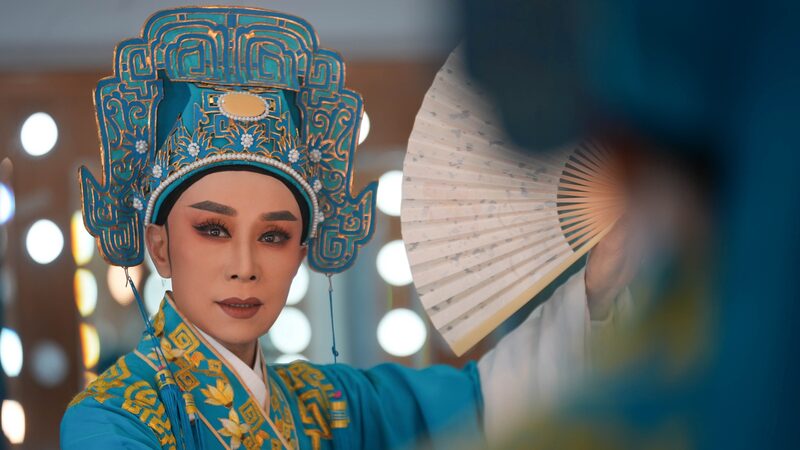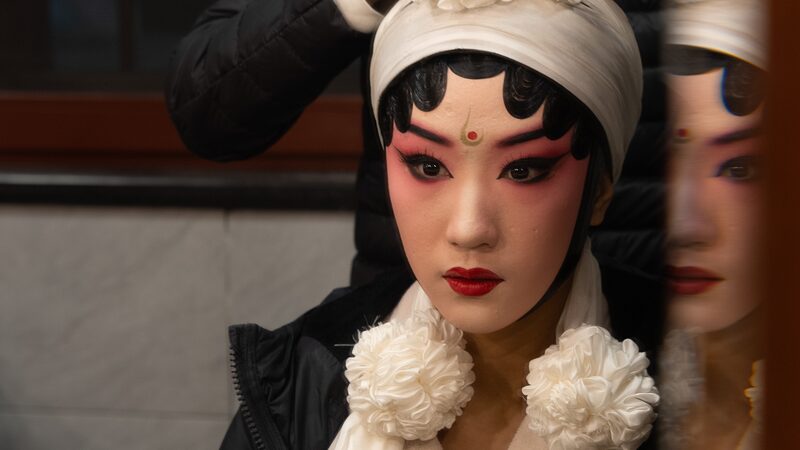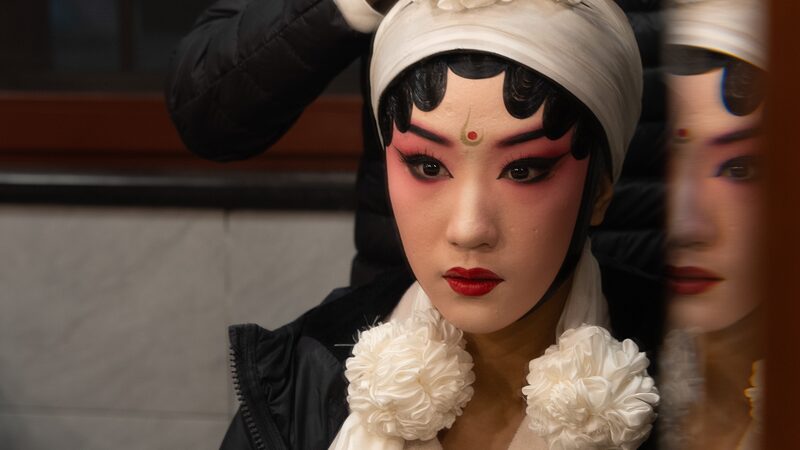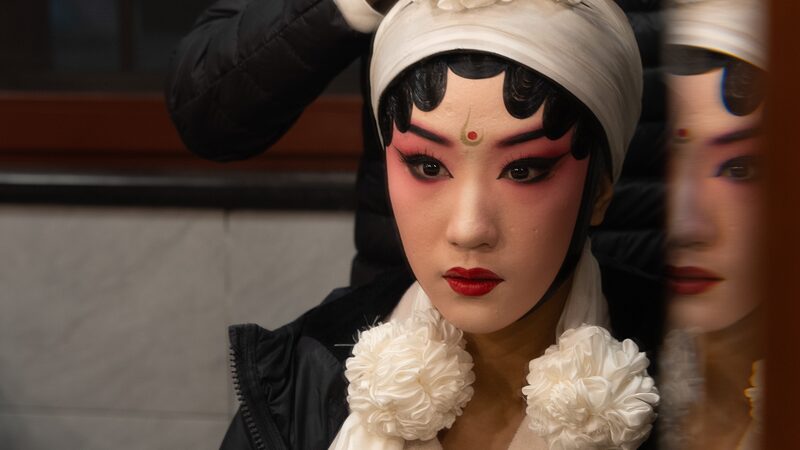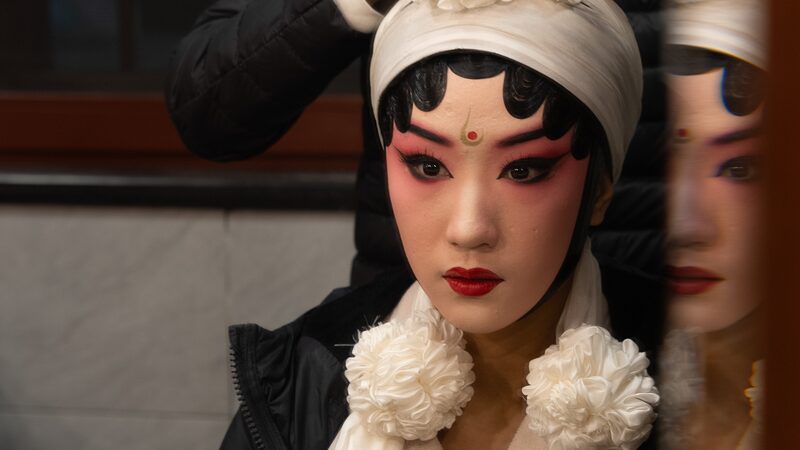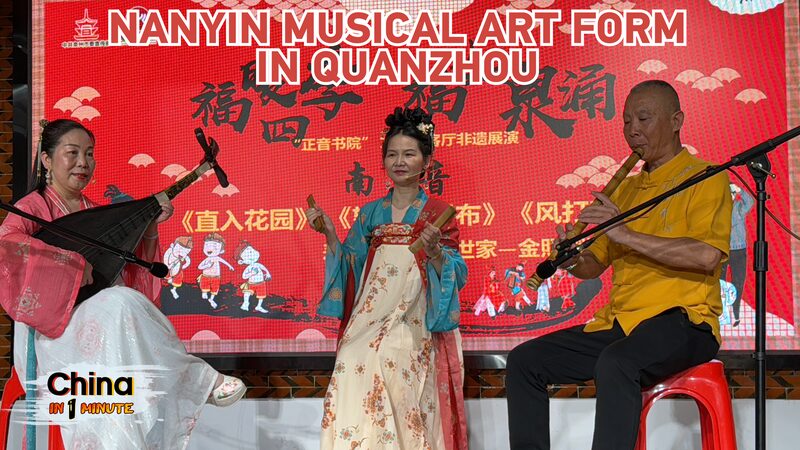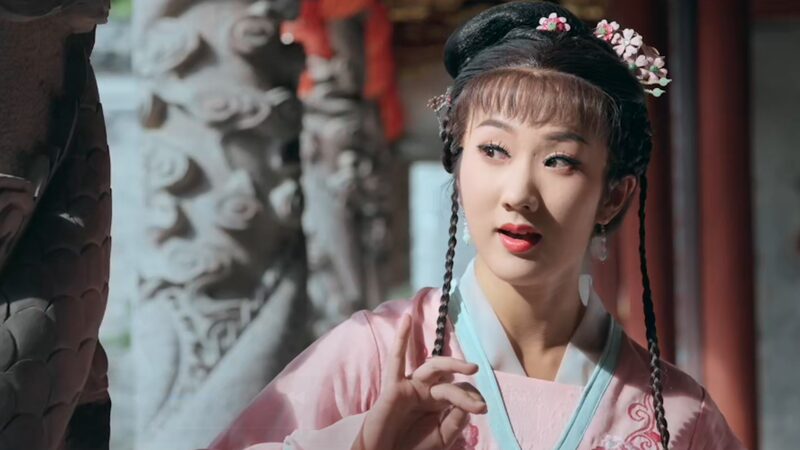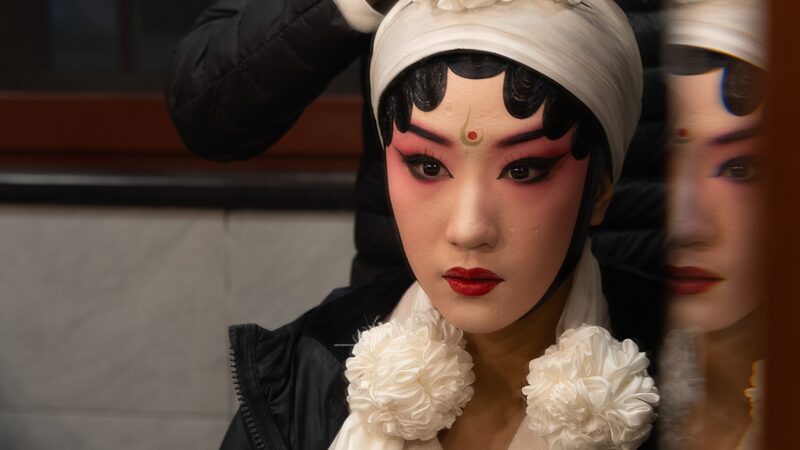Yueju Opera, also known as Shaoxing Opera, stands as one of the five major types of Chinese opera and is recognized as China's national intangible cultural heritage. Originating in the late 19th century in Shaoxing City, Zhejiang Province, this lyrical art form evolved from local folk ballads into a sophisticated opera tradition.
Initially performed by male troupes, Yueju Opera underwent a significant transformation in the 1920s when female artists began to dominate the stage. Today, a distinctive feature of Yueju Opera is the portrayal of male roles by women, adding a unique dimension to the performances. Thriving in Wu language-speaking regions such as Zhejiang, Shanghai, and southern Jiangsu, Yueju Opera continues to captivate audiences both nationwide and internationally.
A prominent figure in this vibrant scene is Wu Fenghua, a celebrated performer renowned for her portrayal of \"xiaosheng,\" or young male characters, in beloved stories like \"Butterfly Lovers,\" often referred to as the Chinese Romeo and Juliet. Wu Fenghua is a two-time recipient of the Plum Blossom Award, one of China's highest theatrical honors.
The Xiaobaihua Yueju Opera Art Heritage Center in Keqiao District, Shaoxing City, led by Wu and her team, is at the forefront of preserving and innovating this traditional art form. The center not only safeguards the rich heritage of Yueju Opera but also embraces creative adaptations, such as their rendition of Shakespeare's \"Macbeth,\" reimagined as \"General Ma Long.\" This blending of Western drama with Yueju Opera style exemplifies the center's commitment to keeping the art form relevant and dynamic.
Reference(s):
cgtn.com
